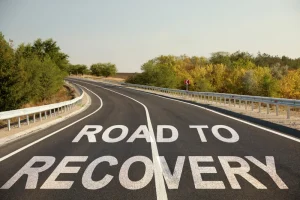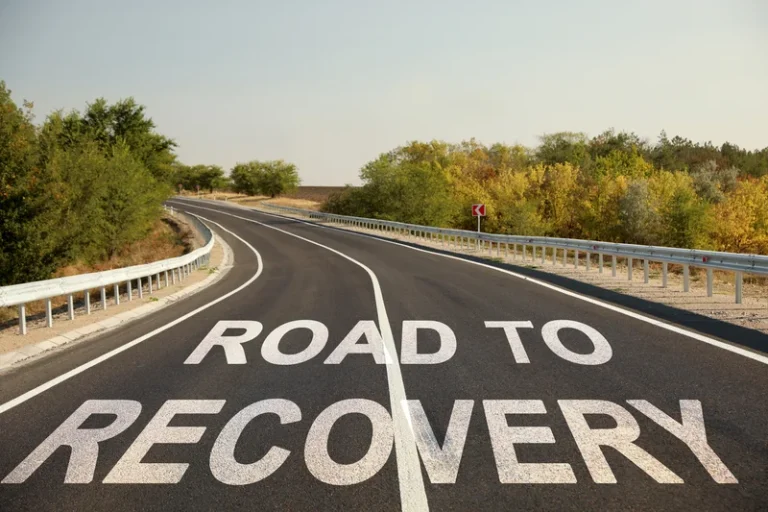
The free downloadable relapse prevention worksheets include space for clients to list their triggers and cognitive and behavioral strategies to address them. In recovery from addiction, social support plays a drug addiction vital role in maintaining progress and preventing relapse. This section explores how social connections can positively impact recovery and discusses the various support networks available to individuals in recovery. Preventing relapse isn’t as easy as saying no to opportunities to use again. You must also develop healthy coping skills and an effective relapse prevention plan.
- While the core principles remain the same, specific strategies may need to be tailored to address the unique challenges of different substances.
- The details are kept up to date to help people with addiction treatment needs get the most full and precise facts about the rehabilitation facility.
- Taking time to assess one’s history with substance use can help in pinpointing specific triggers.
- Explore the financial consequences of addiction, its impact on families, and resources for recovery in Kansas.
- According to Marlatt, what matters after a lapse is the person’s emotional response to the violation.
Mobile Apps for RP
Keeping that list on you at all times is important because it is a readily available resource you can use by quickly calling someone safe. Your doctor or an addiction treatment center has treatments to control withdrawal symptoms. A therapist or counselor can teach you coping skills to deal with the negative thoughts or cravings that may be driving you to use again. Developing and practicing effective coping skills is crucial for addiction recovery, as it can help individuals navigate challenges and avoid relapse.

How to Develop Coping Mechanisms for Unexpected Stress
Although the term “recovery coach” was first used in 2006, the service has not gained wide adoption in addiction treatment. Peer recovery coaches are individuals who have experienced addiction themselves but have been abstinent for an extended period (often at least one or two years). Peer recovery coaches complete approximately 40 hours of training in addition to a minimum number of hours of work in the field to obtain certification. Many individuals in both the healthcare system and the larger society focus on relapse in terms of the consumption of the alcohol or drug that has been problematic for the individual. However, consumption is the very last step in the relapse, and neglecting earlier events in a relapse prevents more effective intervention at earlier stages.
Examples of effective self-care routines

Engaging family and friends, along with participation in self-help groups such as Alcoholics Anonymous, fosters accountability and provides encouragement throughout recovery. This support can offer valuable insights and a sense of community that is pivotal for success. Relapse occurs when someone in recovery returns to using drugs or alcohol after a period of sobriety. Recovery is an ongoing process, so having the right tools can help you manage addiction or mental health conditions. You can refer to this list when you feel like avoiding others or not attending appointments. This list could include examples such as learning and improving coping skills, having a safe space to talk about difficult emotions or experiences, or giving you a reason to leave the house.

They may feel like some part of them wants to use drugs or alcohol while another part tries to fight these urges. Medical professionals monitor patients closely, provide medications to ease symptoms, and use a tapering approach to prevent severe complications. According to the National Institute on Alcohol Abuse and Alcoholism (NIAAA), nearly 29.5 million U.S. adults suffered from AUD in 2021. This disorder varies in severity, from mild to severe, and requires medical and psychological intervention for effective treatment and recovery. Alcohol addiction, also known as Alcohol Use Disorder (AUD), is a chronic condition characterized by an inability to control or stop drinking despite adverse consequences. It affects brain function, leading to cravings, dependence, and withdrawal symptoms.
The primary goal is to promote recovery, prevent relapse, and support long-term well-being. In the United States, approximately 14.5 million adults were diagnosed with AUD in 2022, as reported by Statista. Keep informed about addiction and recovery resources to offer better support.
To play the tape through, you must play out what will happen in your mind until the very end. Imagine what will happen in the short and long-term future if you decide to drink or use. Think of the consequences that would occur if you used vs. if you did not use. Recovery from drug and alcohol addiction can be a long and challenging process. Support groups and 12-step programs like Alcoholics Anonymous (AA) and Narcotics Anonymous (NA) can also be very helpful in preventing relapses. Certain people, places, and situations can drive you back into drinking or using drugs again.
We do not and have never accepted fees for referring someone to a particular center. Providers who advertise with us must be verified by our Research Team and we clearly mark their status as advertisers. A structured daily routine with adequate rest, proper nutrition, and movement can provide stability and reduce uncertainty. This can help manage stress and avoid situations where one might be tempted to relapse. Before communicating with others, take time to relapse prevention skills understand your own needs and boundaries. Being clear about these will help you articulate them more effectively to others.

Discover how drinking 12 beers a day affects lifespan and ways to mitigate risks of heavy drinking. We are committed to healing everyone who enters our doors from the inside out. No matter what stage our guests enter treatment, we strive to meet them right where they are. Discover why smoking alcohol is a new trend among college students and the dangers it poses to health. When you decide to cut out frequently used drugs, you will need to help your body adapt to… Unravel why addiction leads to poverty and discover resources in Kansas to break the cycle.
The main goals of RP include enhancing self-control, reducing the likelihood of relapse, and improving overall well-being. Someone may find it useful to imagine how their life will be without using drugs or alcohol. Additionally, they can think about the benefits of rebuilding relationships that may have become strained when a person was using substances. Recovering from physical dependence and withdrawal symptoms as a result of AUD or SUD is not a quick or easy process and learning to manage the desire to use takes time. Dr. Wakim is a board-certified psychiatrist with a passion for and expertise in addiction, mood disorders, trauma-related disorders and the subspecialty of interventional psychiatry. He obtained his medical degree from West Virginia University where he also completed his residency training, finishing as chief resident.